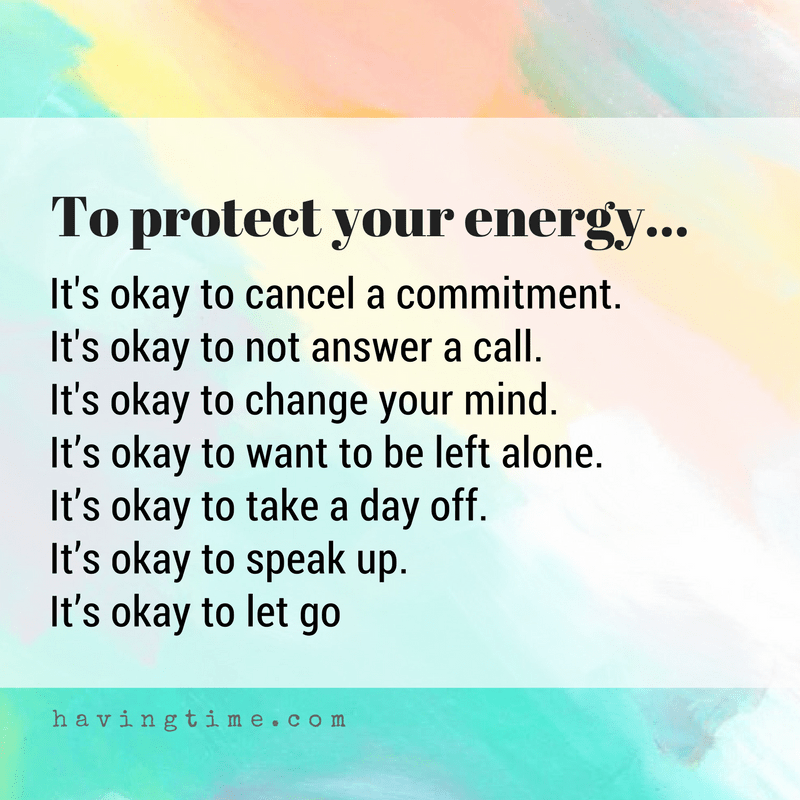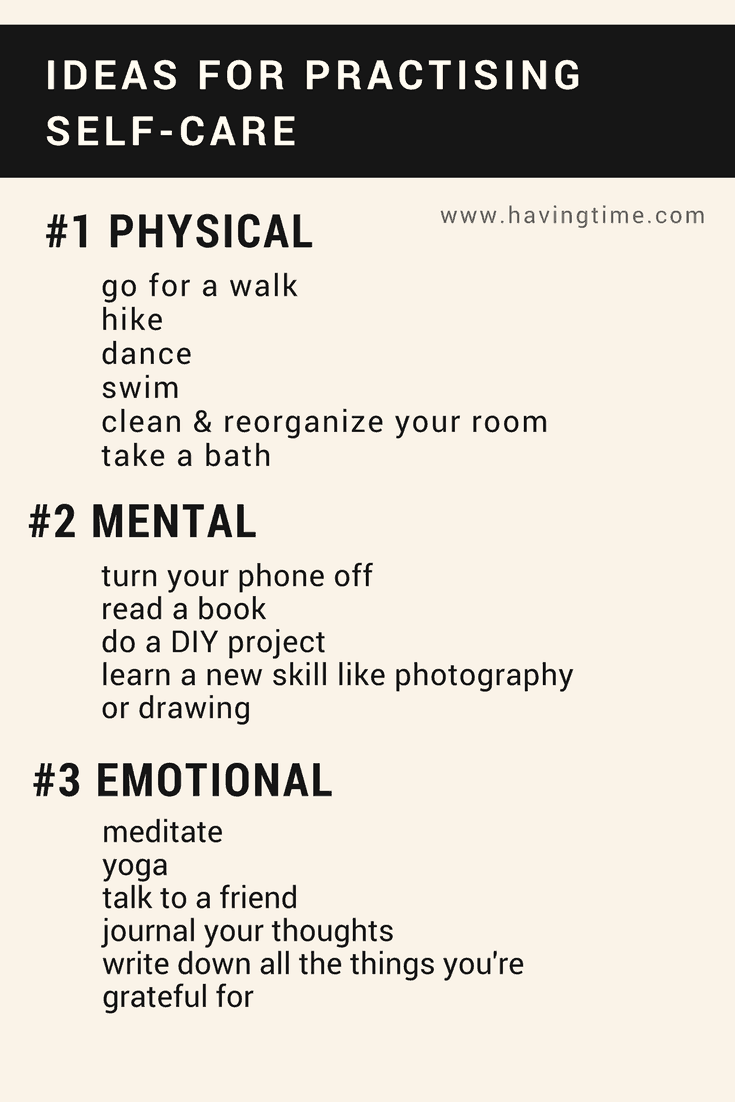On average, 1 in every 5 Americans experiences mental health issues each year. While some struggles may seem impossible to overcome, I’ve learned that by taking baby steps, you can start moving in the right direction. Reaching a healthy mental state is a constant battle, but the journey toward contentment is one of the most rewarding experiences. Here are some of the biggest lessons I’ve learned from transforming my mental health.

Reach out and Ask for Help
When you’re going through tough times, self-isolating often feels like a good idea, but it’s not. Please, don’t suffer in silence, reach out and ask for help.
The truth is that no one can get through life alone, especially when things get dark and difficult.
Whether you need someone to talk to or need someone to check on you, it’s perfectly fine to get help from others.
Many people wait a long time before seeking help for depression or any other mental health condition, but it’s best not to delay. Think about it, the sooner you see a professional, the sooner you can be on a way to full recovery.
Learn to Say NO More Often
People who are feeling overwhelmed often have trouble saying no. They end up juggling a lot of demands and requests. Often there will be things they don’t want to or don’t have enough time to do. This leads to feelings of resentment and then often guilt for feeling resentful. People who have trouble saying no are often struggling with beliefs about being pleasant, wanting others to like them or that it is selfish to say no.
Yes, saying ‘no’ is difficult even when it’s a positive NO. We are used to saying yes to a lot of things and coming up with excuses when we should have just said no.
There are people you feel like you can never say no to such as close friends, your boss or your family.
However, po0loitely declining to do things will bring a positive impact on your life.

Take Things Day by Day
Dealing with anxiety and depression causes a lot of stress, especially when it comes to thinking about past frustrations or future uncertainties.
I’ve learned that taking things day by day helps put things into perspective and helps avoid feeling overwhelmed.
This approach is often easier said than done, but practicing mindfulness is a great tool for learning to be fully present in each moment.
Take Care of Your Home
Taking care of my home is one of my favorite self-care practices.
It was nearly impossible to feel good about myself when I was living in a space that was cluttered and dysfunctional.
I’ve learned how important it is for me to stay on top of things like home repairs and a household chore.
Sometimes, it’s tough to motivate yourself to do things around the house, but the rewarding feeling of a functional home environment makes it worth it.
Creating Balance
Part of maintaining a healthy mental state is creating balance for yourself.
Finding harmony between your personal life and professional life is something that worked wonders for my mental health.
Coming up with a schedule for yourself is one of the best ways to achieve this balance.
With a schedule, you can see where and how you’re spending your time and make adjustments as needed.
There’s Always Something to be Grateful For
During rough patches, it’s so easy to feel like nothing is going well.
I’ve learned that appreciating the simple things has empowered me to make positive changes in my life.
Even on the worst days, I like to take a few minutes to show gratitude for the things in my life.
Gratuity can simply be being thankful that the sun is shining or that someone held the door for you.
Prioritize your Self-Care
Do you take care of yourself? Are you kind to yourself? Do you love yourself as much as you love your best friend, your siblings, your parents?
Or do you spend your time looking after others? Taking care of everyone else? Happy to give, but uncomfortable in receiving?
Remember, taking care of your own needs, physical, emotional, intellectual and spiritual is core to you being the very best version of you!


